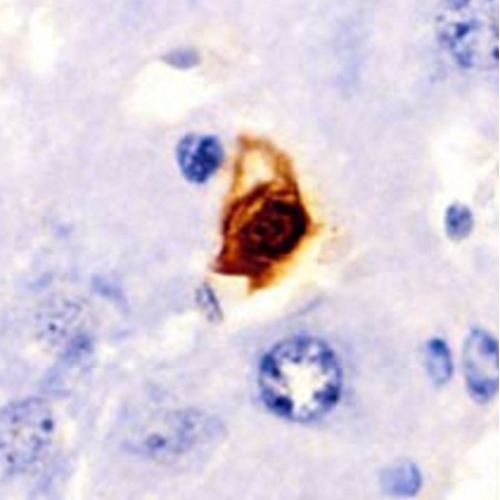Key points from article :
Navitoclax, too toxic, too many side-effects, for use in clinic.
Short-term treatment effect on bone mass and osteoprogenitor function assessed in old mice.
24 month old male, female mice treated with navitoclax (50 mg/kg body mass daily) for 2 weeks.
It decreased their trabecular bone volume fraction (-60.1% females, -45.6% males).
Bone marrow stromal cells (BMSC) derived osteoblasts were impaired.
This is in terms of ability to produce a mineralized matrix (-88% females, -83% males).
Which were also the same results during in vitro administration of navitoclax.
It also significantly increased metrics of cytotoxicity in male and female osteogenic cultures.
Results suggest a potentially harmful effect of navitoclax on skeletal-lineage cells.
To be further assessed as therapy for age-related musculoskeletal dysfunction and bone loss.
Researchers from Augusta University, published in Frontiers in Cell and Developmental Biology.





